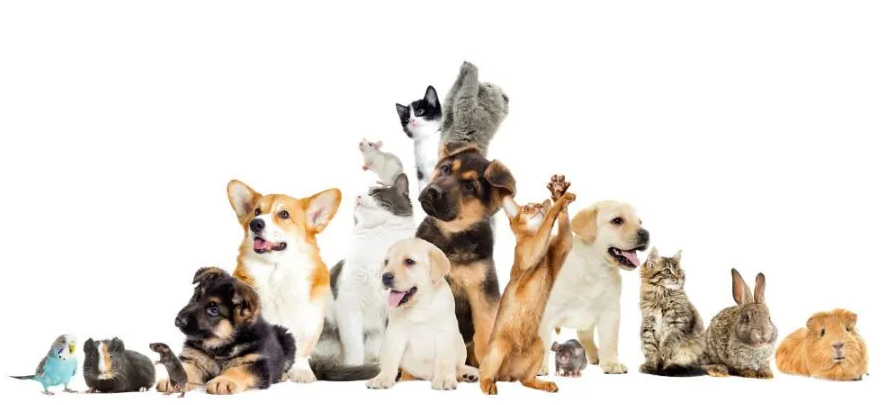What Are You Looking For?
Decoquinate is a veterinary drug commonly used as a coccidiostat in livestock. It is effective against certain parasites, specifically coccidia, which can cause severe gastrointestinal infections in animals.
Item NO.:
CAS NO. 18507-89-6Color:
Off-White to Pale Beige powderPackage:
25 Kg/DrumDescription
Decoquinate is a veterinary drug commonly used as a coccidiostat in livestock, effectively targeting certain parasites known as coccidia that can cause severe gastrointestinal infections in animals. By inhibiting the growth and reproduction of coccidia, decoquinate helps prevent and control coccidiosis within livestock populations.
Specification
|
Item |
Specification |
|
Appearance |
Off white or light yellow crystalline powder |
|
IR absorption |
Conform |
|
UV absorption |
Conform |
|
Loss on drying |
Not more than 0.5% |
|
Residue on ignition |
Not more than 0.1% |
|
Single impurity |
Not more than 1% |
|
Total impurities |
Not more than 2% |
|
Assay |
It should be 99.0%~101.0%(Calculated with dried substance) |
Application

As a feed additive to prevent broiler coccidiosis, 1t feed plus this product 27.2g. Decoquinate has low toxicity, good tolerance and large safety range. The metabolism was rapid, and the residual drug concentration in each tissue was below 1ppm after 3 days of withdrawal. Is a new type of quinolone efficient livestock anticoccidioides, research shows that the ester can effectively defeat the resistance of coccidioides, clinical used for the control of the most harmful elimidioides (E.tenella), giant imericaria (E.maxima), heap (E.acerVulina), poison (E.necatrix), A. (E.brunetti), displacement (E.mivati). It can also the sporsporosis in cattle and sheep and the weight rate and milk yield in young goats.
Toxicity: low toxicity, good tolerance; 80 times the recommended use is still safe. After 3 days of withdrawal, the residual drug concentration in each tissue was below 110-6. Poultry: 800ppm (26 times the normal amount) to feed for 127 days without poisoning; pig: 800ppm for 10 days without poisoning.
Combination: In order to improve the anti-coccidian effect and reduce the generation of resistance, combination can be taken. In the early stage of coccidiosis (asexual period), the combination of decaquoquine + gram or tutrebead, diCG + matostar ammonium, dioxyhydrin can play a synergistic effect, enhance the killing effect, and reduce the dose of each drug by 1/2. In the whole period of coccidia, the combined regimen of DG+ sulfoquinoxoline sodium and DE+ sulfamopirrazine sodium can be used, so that the coccids during clonal and sexual reproduction can be suppressed and killed at the same time.
FAQ
Q:What's your delivery time?
A:Usually we will arrange the shipment in 7 -15 days.
Q: Can you provide technical support or guidance on using your Veternary APIs?
A: Yes, we offer technical support and guidance to our customers. Our team of experts can provide formulation advice, usage instructions, and answer any technical questions you may have about our Veternary APIs.
Q: Do you offer customization or private labeling of Veternary APIs?
A: Yes, we offer customization and private labeling services for Veternary APIs. Please contact our sales team for more information on how we can tailor our products to meet your specific needs.